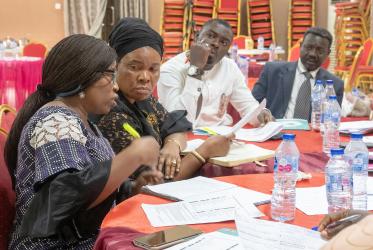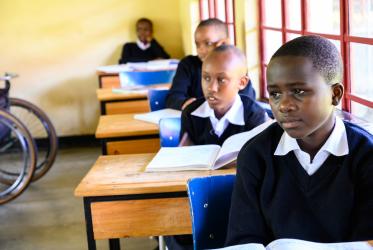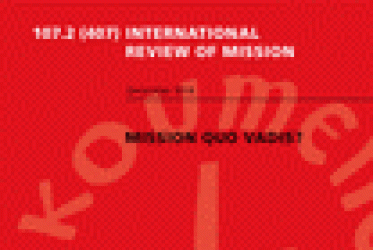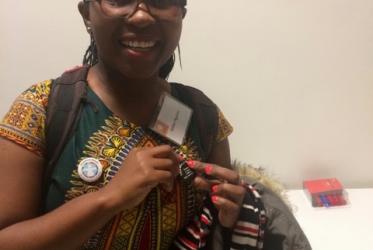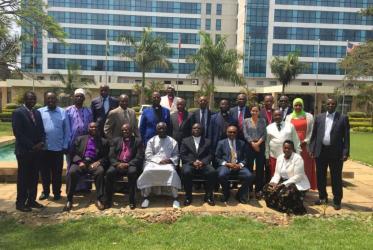Displaying 1 - 17 of 17
Mission and people with disabilities
26 June 2019
New issue: International Review of Mission
14 December 2018
The work of the Spirit and discipleship in Christian mission
12 January 2017
Land rights focus of panel discussion
17 November 2015
Réunions-débats consacrées aux droits fonciers
17 November 2015
